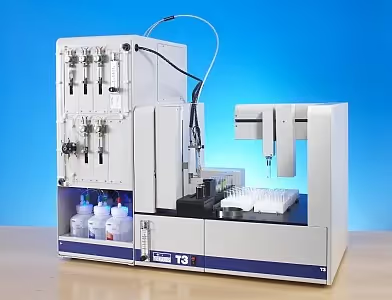
pKa is a measure of the acidity or basicity of a drug molecule. It is the negative logarithm of the acid dissociation constant (Ka) of a compound. The pKa value indicates the propensity of a drug molecule to donate or accept a proton (H+).
In drug development, the knowledge of pKa is important as it influences the solubility, oral absorption, distribution, and pharmacokinetics of a drug. Understanding the pKa helps in determining the ionization state of a drug at different physiological pH levels.
The pKa defines at what pH a drug will be in its ionized or non-ionized form, which affects its ability to cross cell membranes and bind to target sites. For instance, a drug which is ionized close to the physiological pH (around 7.4), will be more hydrophilic and thus less easily to penetrate cell membranes whereas a drug which is non-ionized at the physiological pH will be more lipophilic and can easily cross cell membranes.
By considering the pKa values of drugs during development, pharmaceutical scientists can optimize solubility, dissolution, and bioavailability properties by adjusting the pH of drug formulations, altering drug structures, or choosing appropriate salt forms. By manipulating the pKa, they can enhance drug efficacy and ensure sufficient exposure to the target site in the body.
Overall, understanding pKa values is crucial in drug development to optimize drug properties, enhance therapeutic efficacy, and improve patient outcomes.
The Pion Sirius T3 is an automated platform to determine physicochemical properties of compounds including pKa, log P and log D for up to 72-80 assays per day. Contact us today to learn more.
Pion Sirius T3 virtual demonstration:

